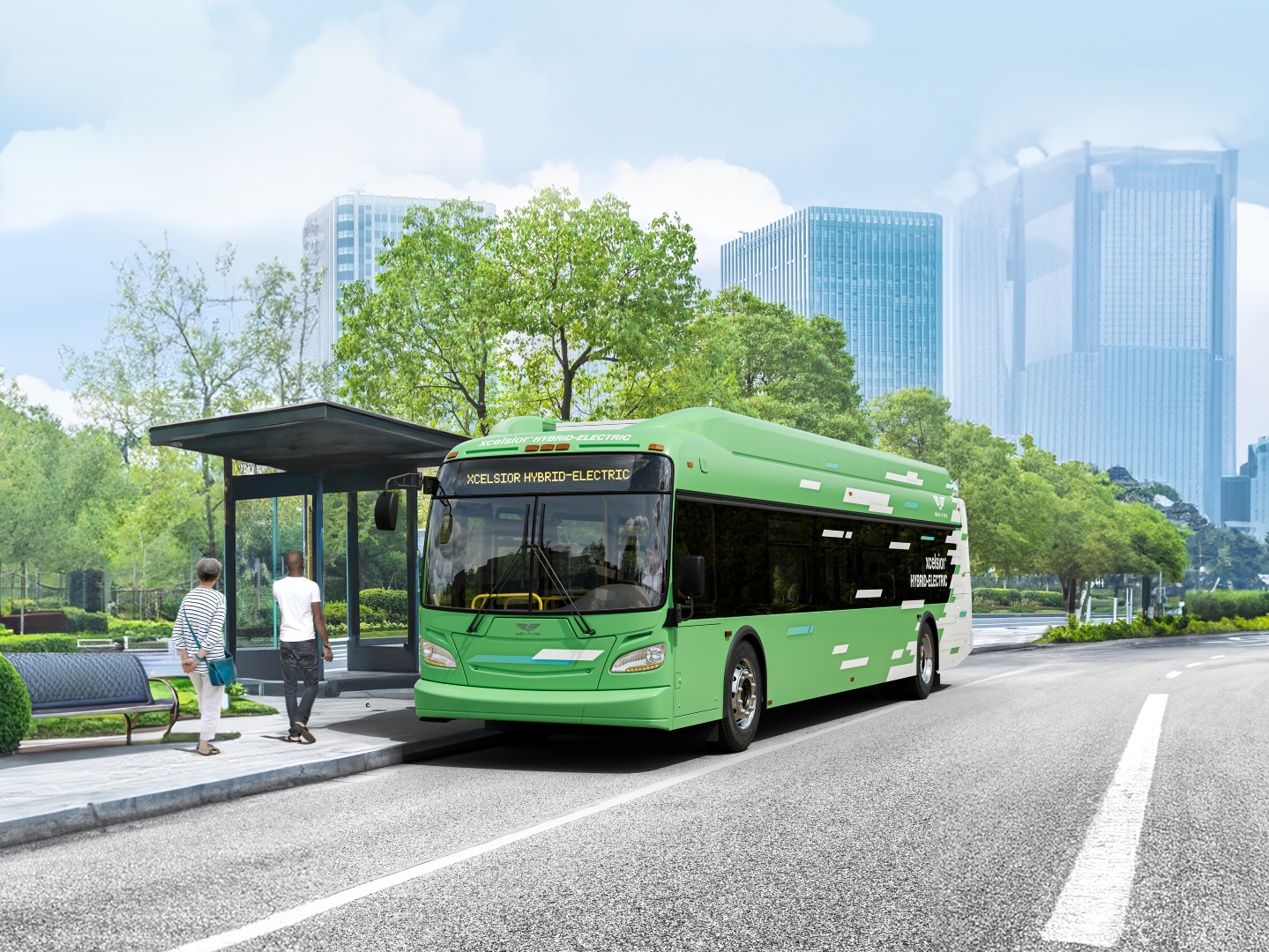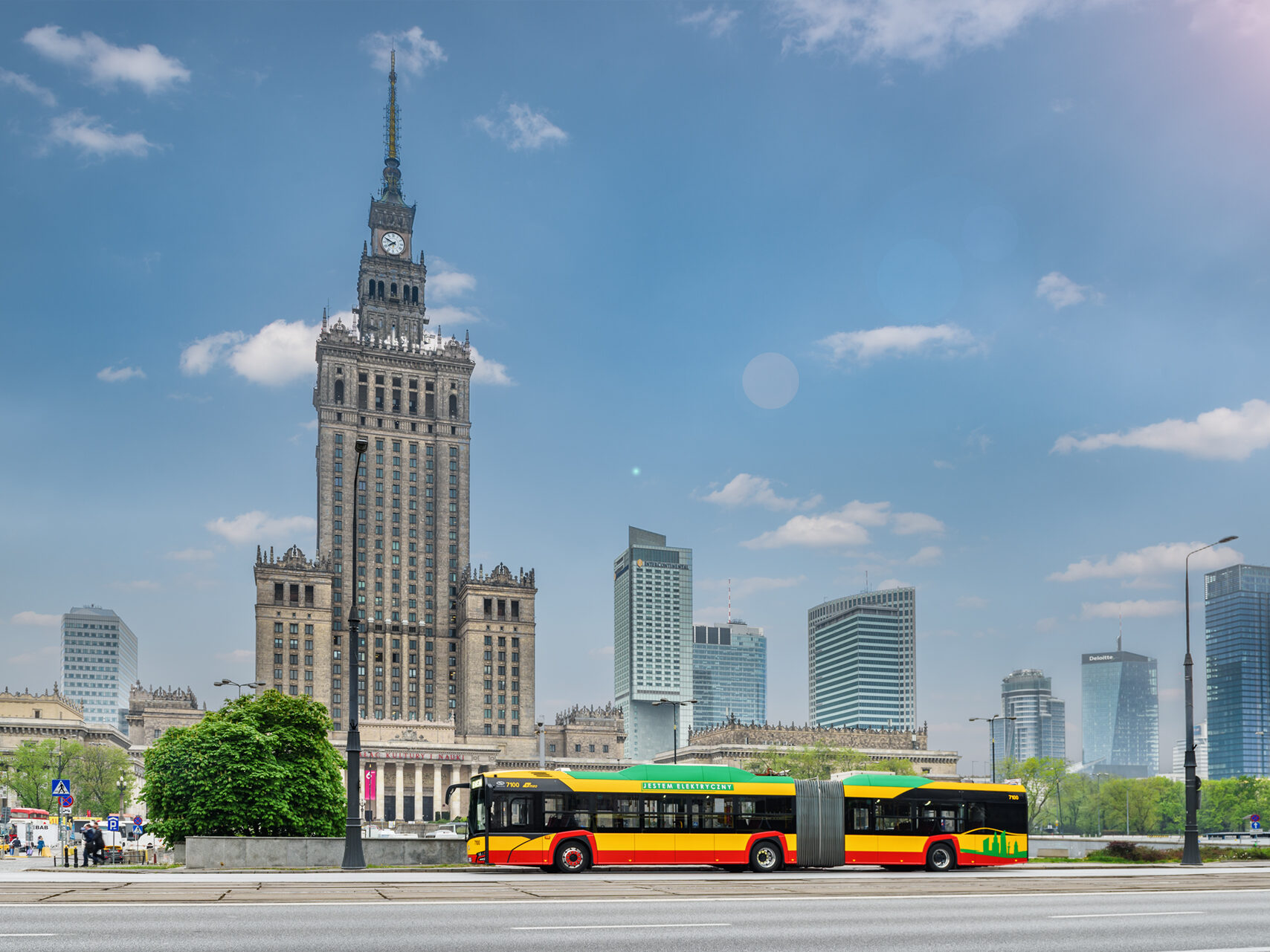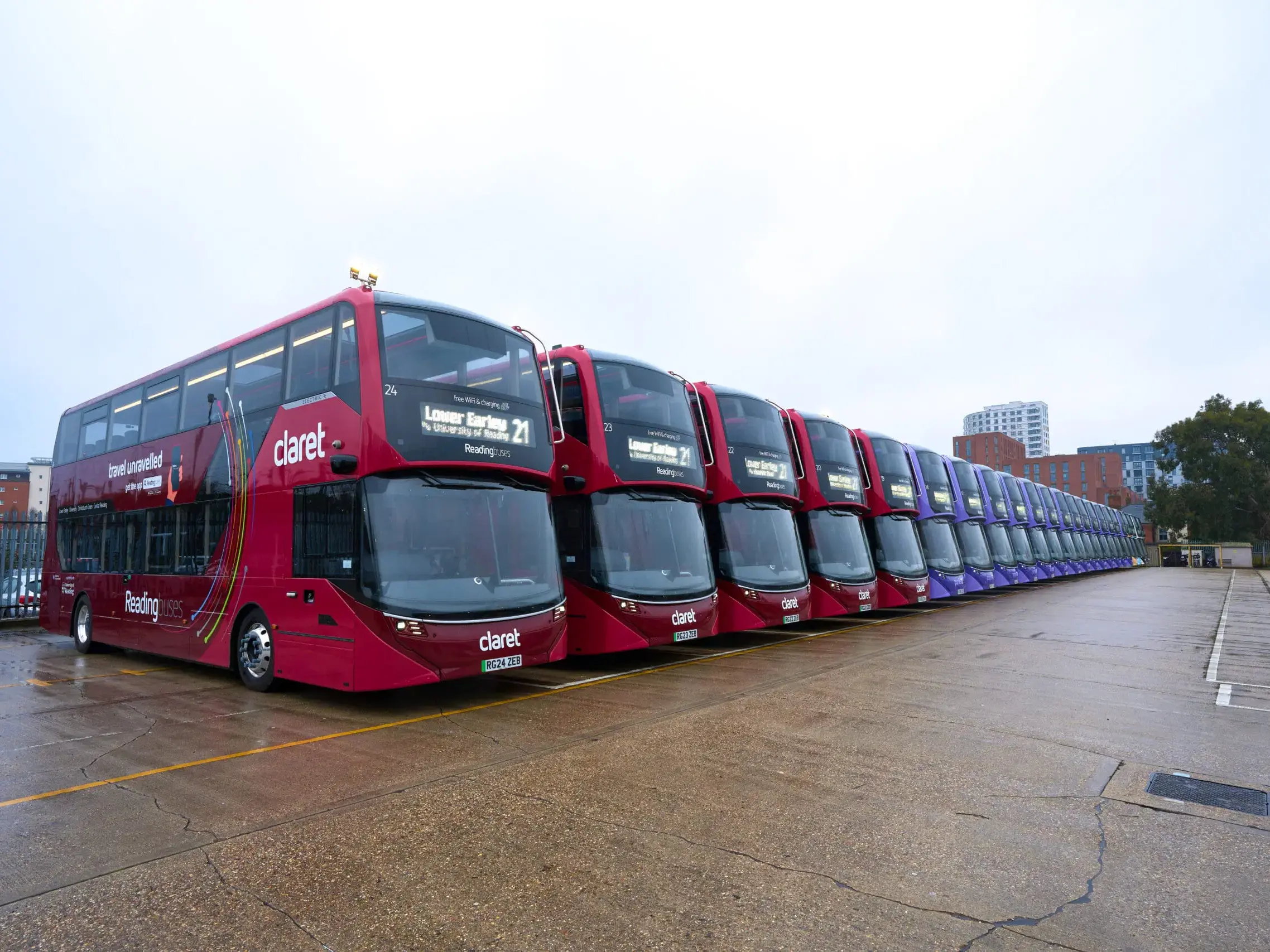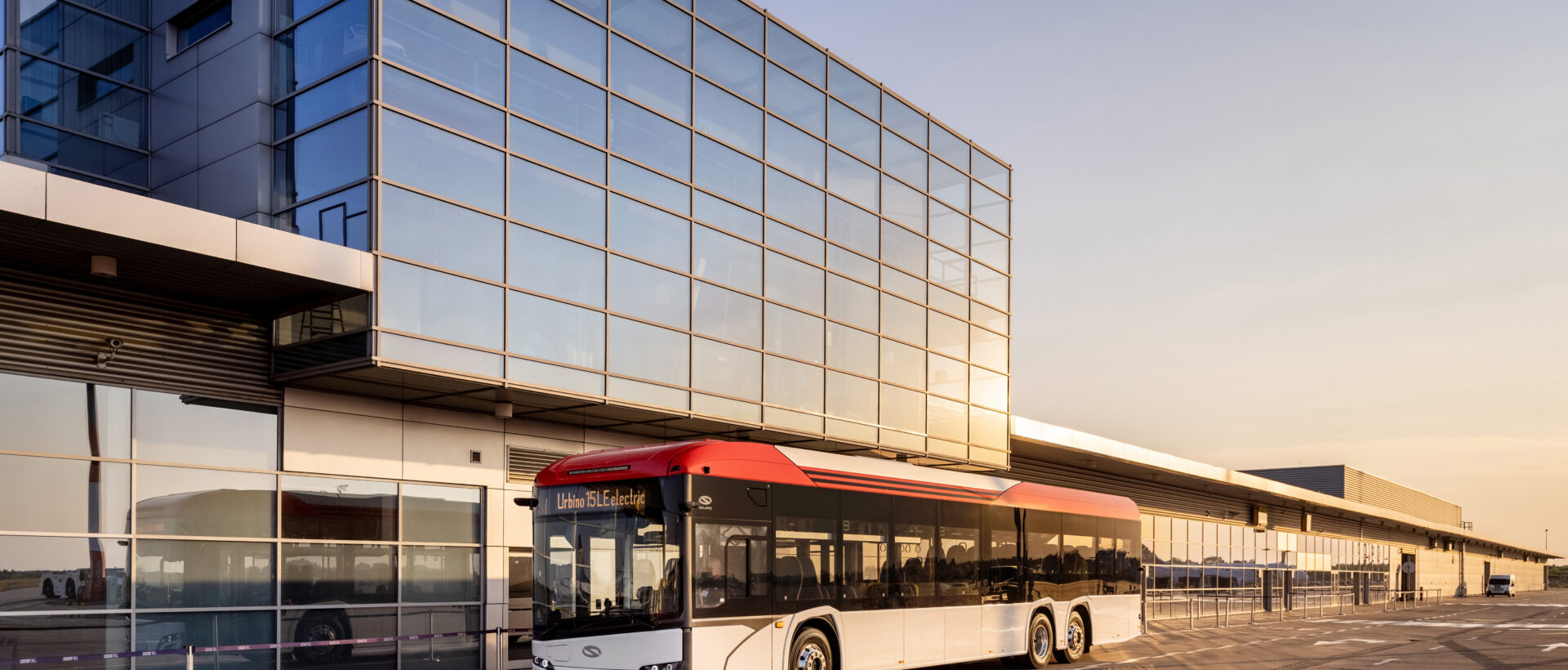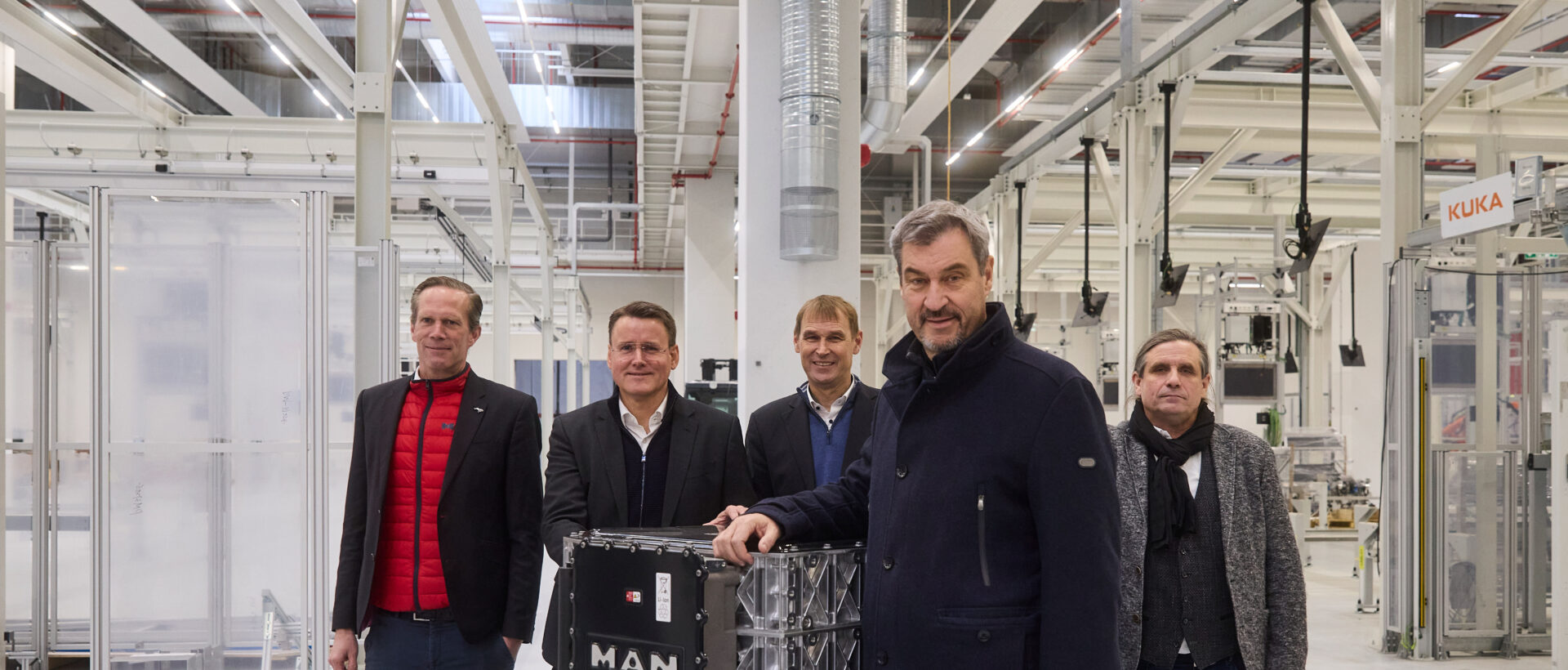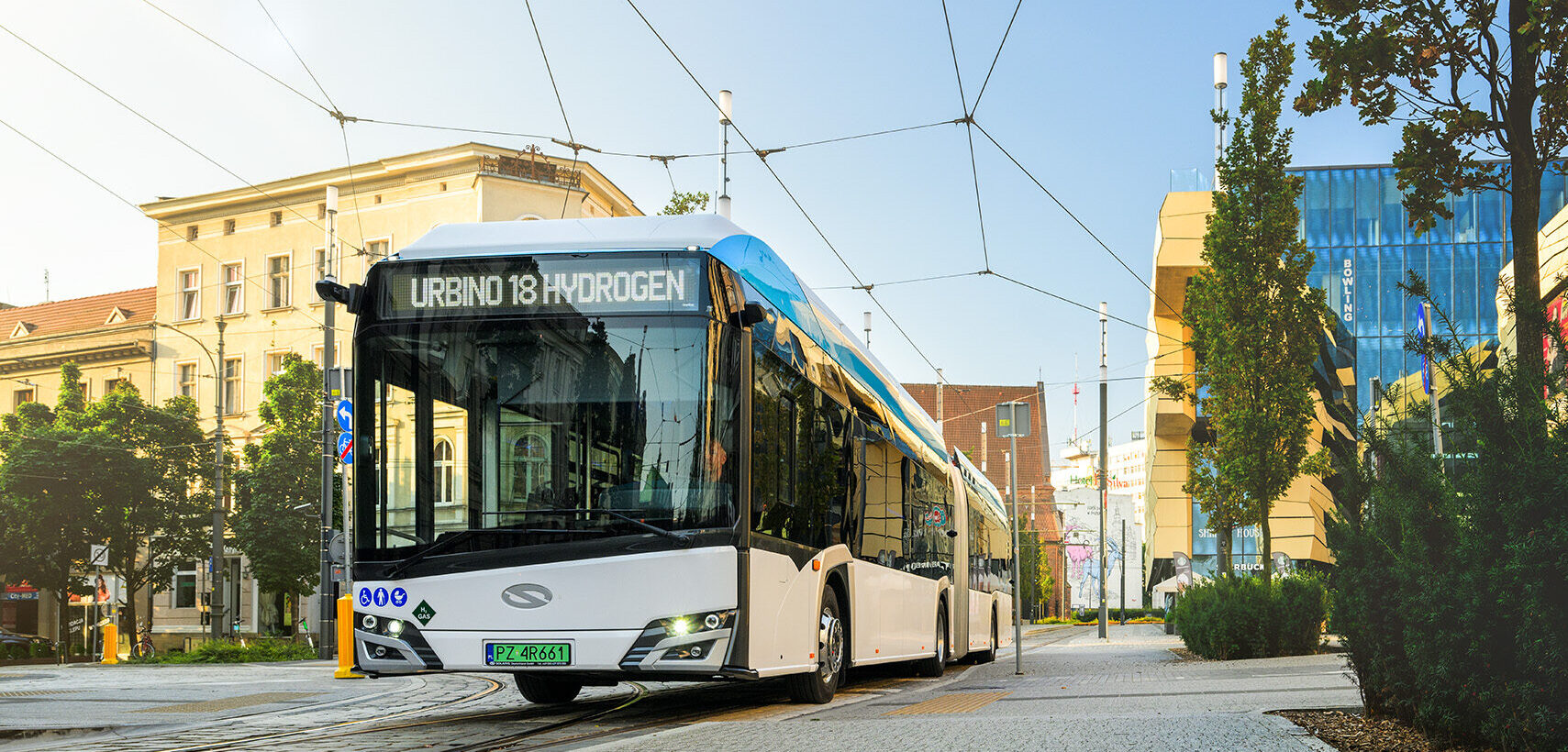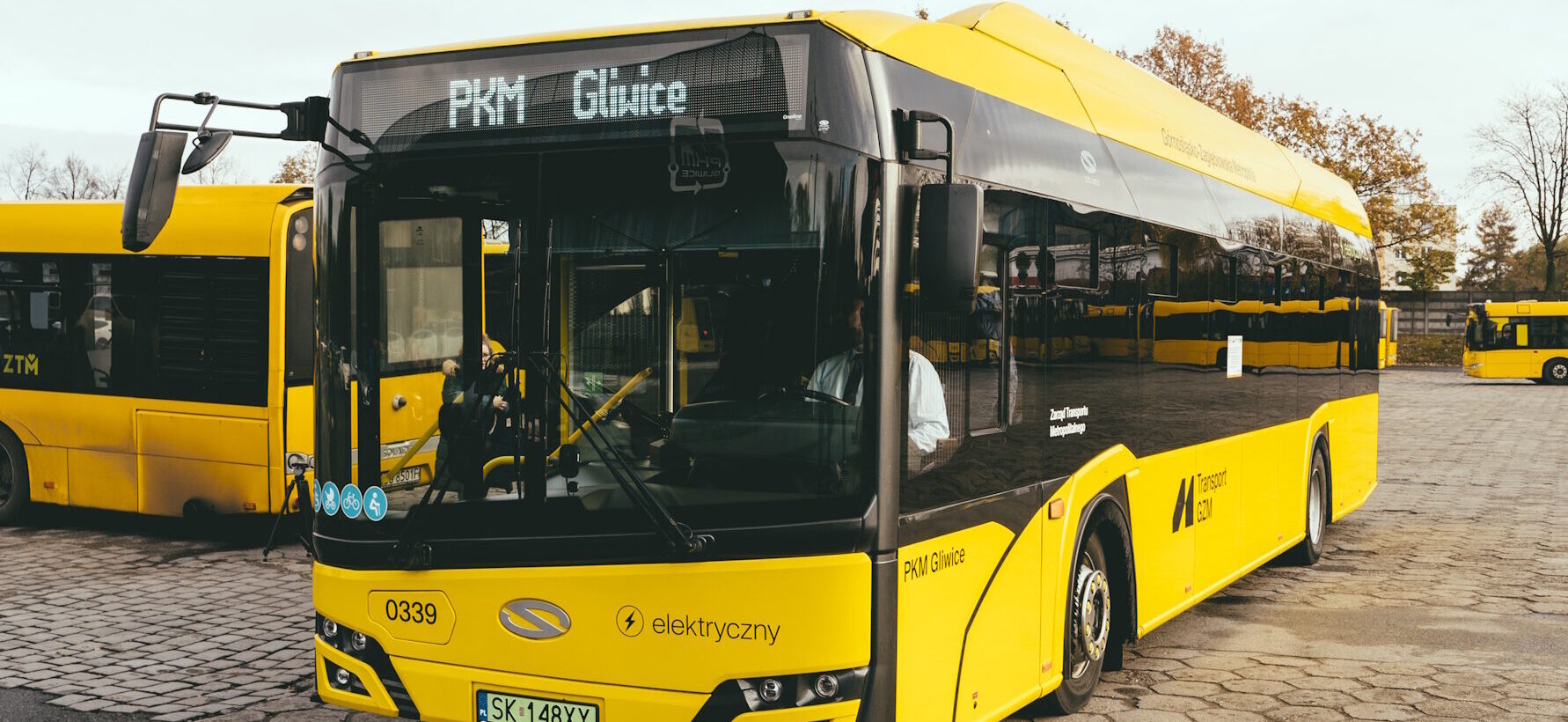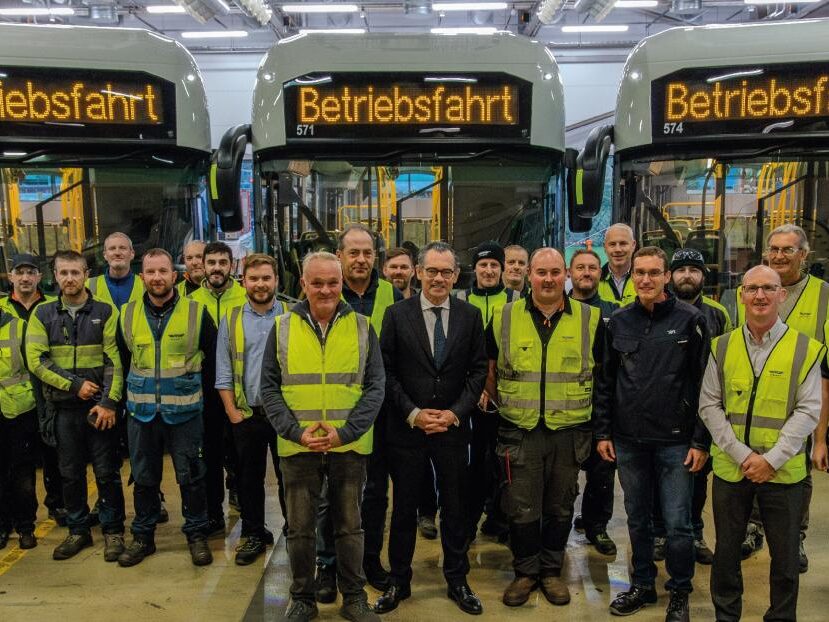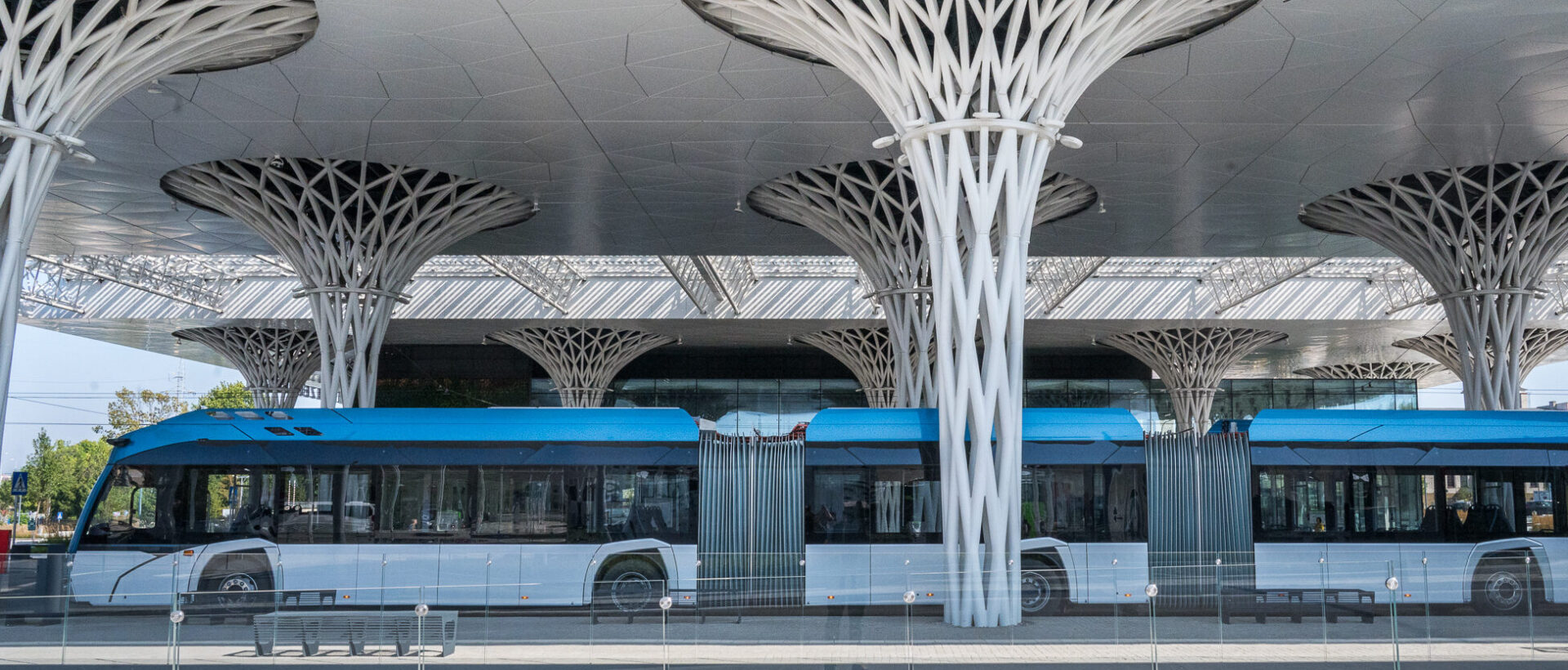Solaris has delivered the first series-produced electric bus with a battery passport.
The Solaris Urbino 18 electric bus is now part of the BVG fleet in Berlin. It aims to set a new benchmark for transparency and sustainability in battery management, arriving three years ahead of EU regulations, requiring such passports for electric vehicles from 2027.
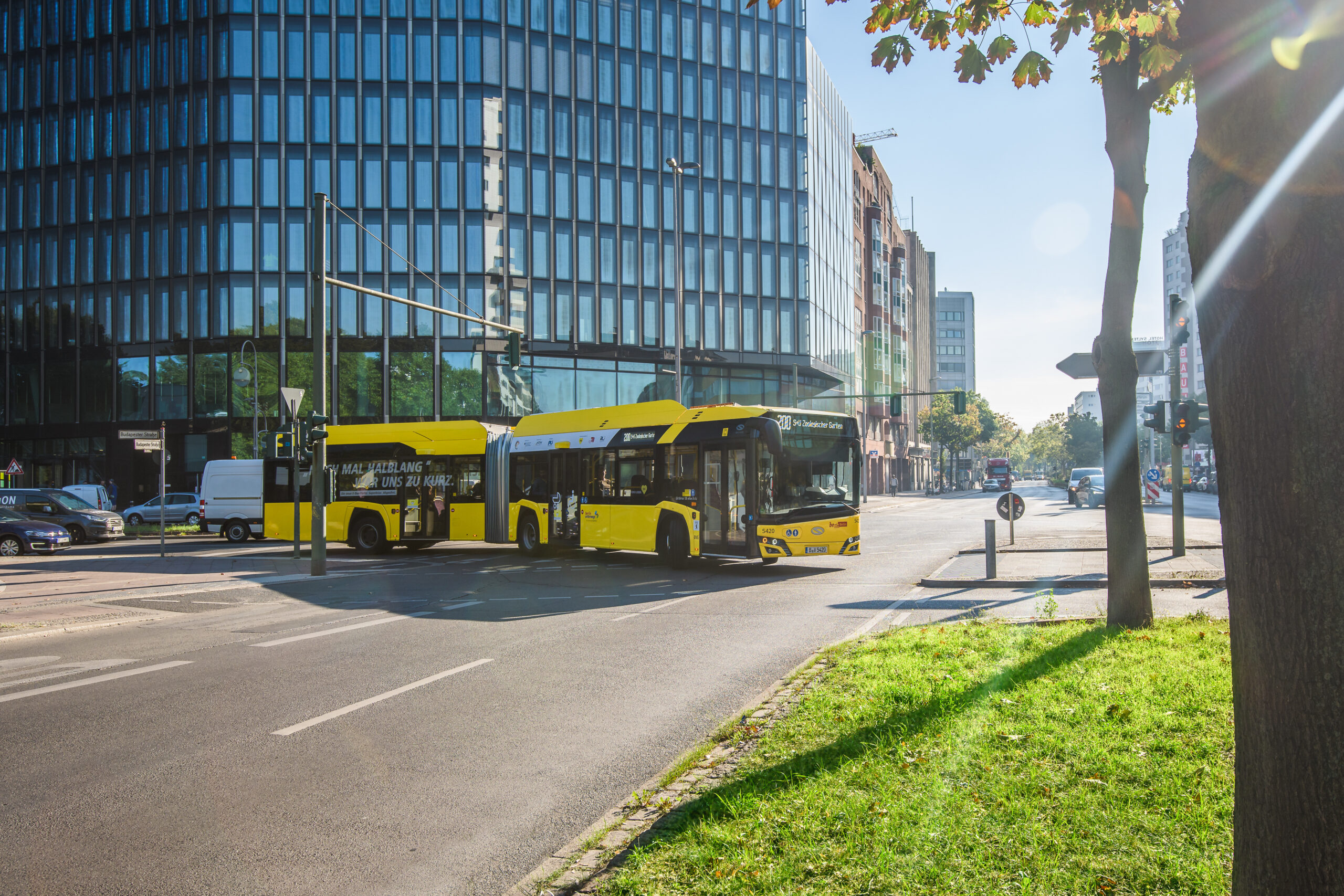
The battery passport is a digital document providing essential details about the battery’s lifecycle, including its composition, raw material origins, carbon footprint, and recycling information. On the Urbino 18 bus, this information is accessible via a QR code on the battery.
The battery passport aims to improve resource management by enabling traceability and responsible sourcing of critical materials like lithium, cobalt, and nickel. It also supports efficient recycling, helping to minimise environmental impact.
By providing a complete overview of the battery’s lifecycle, the passport aligns with EU Regulation 2023/1542 and promotes a circular economy approach.











